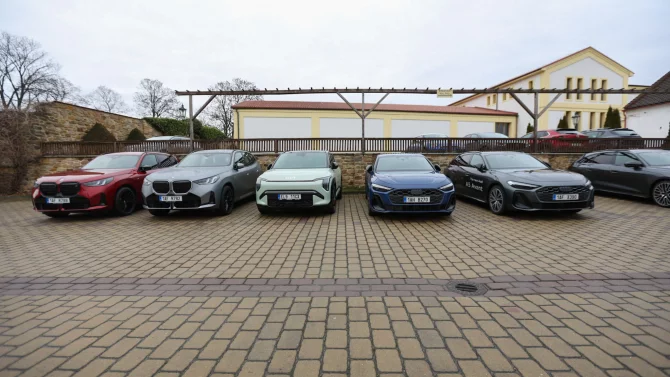BRATISLAVA, Oct 26 (Reuters) - Slovakia's plan to adopt the euro in 2009 will bring quick benefits and give the country a chance to become a leader in central Europe, Finance Minister Jan Pociatek said on Thursday.
Slovakia is the frontrunner for entering the euro zone among the four largest new European Union members in central Europe.
Poland and Hungary are unlikely to adopt the euro this decade because of large fiscal deficits, and the Czech Republic this week dropped its target of joining in 2010.
The new Slovak cabinet, led by leftist Prime Minister Robert Fico, has accepted the euro adoption strategy of the previous centre-right government after winning June elections.
"The opportunity to enter the euro zone in 2009 is a unique chance to become the leader of this region," Pociatek said in an on-line debate for the daily Pravda. "We are the only country at present that has a realistic chance (to do it) this decade."
Pociatek said Slovakia's open economy would feel benefits of euro adoption quickly after entering the euro zone, and it would give it a comparative advantage against its neighbours in attempts to attract foreign investors.
Financial markets initially worried Fico's leftist agenda and pre-election promises of more social spending would lead to loose fiscal policy and a delay in euro adoption, which pushed the crown currency down shortly after elections.
But the cabinet has prepared a 2007 state budget draft that cut the key public finance deficit to 2.9 percent of gross domestic product, from a limit of 4.2 percent approved 2006.
Approval of the budget draft, which still needs final backing by parliament, has helped the crown firm to record highs in the past two weeks.
The biggest challenge for Slovakia's euro ambition is to bring down inflation from 4.5 percent recorded in September, according to EU-norm methodology.
The central bank sees an average EU-norm inflation of around 2.5 percent in spring 2008, when Slovakia will be assessed on whether it can adopt the euro in 2009. That should be under the EU's threshold that it sees at 2.8 percent.
The bank has raised the main two-week repo rate by 175 basis points in four steps so far this year, and most analysts in a Reuters poll earlier this week predicted another 25 basis point hike in October to fend off inflation risks.
((Reporting by Martin Santa, writing by Peter Laca, editing by Gerrard Raven; Reuters Messaging: martin.santa.reuters.com@reuters.net; Email: martin.santa@reuters.com; +421 5341 8402))
Keywords: ECONOMY SLOVAKIA EURO




 Test Hyundai Santa Fe 1,6 T-GDI Hybrid: má recept na úspěch i bez naftového motoru?
Test Hyundai Santa Fe 1,6 T-GDI Hybrid: má recept na úspěch i bez naftového motoru?
 Povinnosti účastníků provozu účastníky provozu mnohdy zaskočí. Dnešní kvíz prověří, jestli své povinnosti znáte
Povinnosti účastníků provozu účastníky provozu mnohdy zaskočí. Dnešní kvíz prověří, jestli své povinnosti znáte
 „Přišel pěšky, odjel vlastním vozem“: slogan autobazarů měl charakterizovat prodeje ojetin v Československu
„Přišel pěšky, odjel vlastním vozem“: slogan autobazarů měl charakterizovat prodeje ojetin v Československu
 Je Kodiaq favorit? V ČR se hledá nejlepší auto pro rok 2025. Ve hře je i brutální elektromobil nebo klasické SUV
Je Kodiaq favorit? V ČR se hledá nejlepší auto pro rok 2025. Ve hře je i brutální elektromobil nebo klasické SUV
 Rok po faceliftu dostal elektrický bestseller z Mladé Boleslavi další facelift. Enyaq vypadá jak Elroq
Rok po faceliftu dostal elektrický bestseller z Mladé Boleslavi další facelift. Enyaq vypadá jak Elroq
